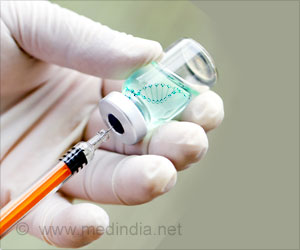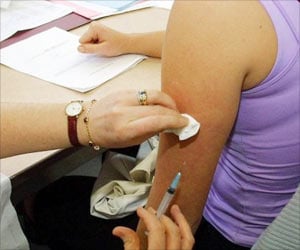Stanford scientists have tested the theory that stem cells could take on a new role - to train the immune system to attack and even prevent tumors.
- Induced pluripotent stem cells (iPSC) were used to train the immune system to attack cancer cells, making them apt anti-cancer vaccines.
- Non-replicating iPSCs that genetically match the recipient when injected into the patient expose the patient’s immune system to a variety of cancer-specific targets.
- This exposure puts the immune system on alert to target cancers as they develop throughout the body.
Why iPSCs?
iPSCs, like many cancer cells, resemble developmentally immature progenitor cells, which do not have any growth restrictions and mature to become different types of cells. When the gene expression panels of the two cell types were compared, it was found that the cells share proteins on their surfaces called epitopes that could serve as targets for the immune system. "We've learned that iPS cells are very similar on their surface to tumor cells," said Joseph Wu, MD, Ph.D., director of Stanford's Cardiovascular Institute and professor of cardiovascular medicine and radiology. "When we immunized an animal with genetically matching iPS cells, the immune system could be primed to reject the development of tumors in the future. Pending replication in humans, our findings indicate these cells may one day serve as a true patient-specific cancer vaccine."Study overview
iPSCs were made using cell samples from easily available skin and blood cells. The cells derived from the body were treated in the lab to rewind their developmental clock to make them pluripotent, which is the ability to differentiate into nearly any type of cell. The pluripotency was tested by checking for the development of a tumor called teratoma in mice.All mice developed breast cancer, one week after transplantation. The tumor grew rapidly in the control group. In the group that received the irradiated iPSCs and adjuvant combination, the size of the tumor shrank in 7 out of 10 vaccinated mice. Two of the seven mice completely rejected the tumor and lived for more than one year after tumor transplantation.
This approach is relatively simple in theory and means that taking your blood cells, converting them into blood cells and then injecting these cells into your body could protect you from future cancers.
References:
- Induced pluripotent stem cells could serve as cancer vaccine - (https://www.sciencedaily.com/releases/2018/02/180215125026.htm)
















